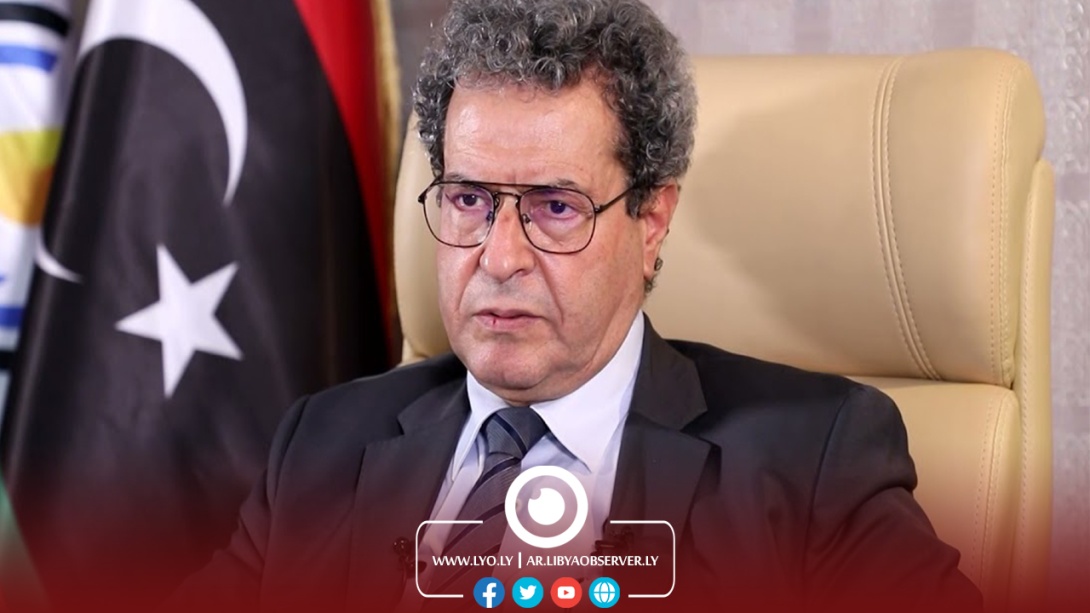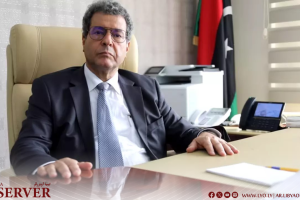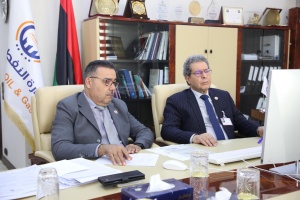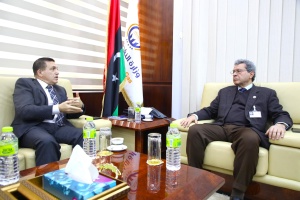The Minister of Oil and Gas, Mohammed Oun, said that Libya recovered about $2.4 billion from state dues in the oil sector and royalties from foreign companies seized by the former chairman of the National Oil Corporation, Mustafa Sanalla.
In his interview with “Energy” magazine, Oun added that Libya aimed to stop burning associated gas by 2025, and is preparing to enter the field of hydrogen after studying the possibility of transporting and exporting it to Europe as well as using it.
Regarding the increase in demand for liquefied gas, Oun indicated that there is a memorandum of understanding, translated into agreements, with Italy regarding the establishment of a liquefied gas plant in Libya, and nothing has happened about it so far. Oun attributed the reason for the cessation of discussions about it to the failure of the Ex-Chairman of the National Oil Corporation, Mustafa Sanalla, to proceed with these agreements, and his interference in political issues and loyalties, in addition to " taking refuge in foreign countries, and ignoring the completion of projects and agreements.
Oun stressed that the companies claimed that there was not sufficient security in Libya, but the naval operations continued and were very far from any military activity, especially inside the country, blaming the British oil company “BP” for not investing in the sea and following up on its work from a base in Tunisia or Malta.
Oun denied that the Ministry had signed any agreement with the South Korean company (STX) to establish a pipeline to export oil through the Egyptian port of Garjoub, pointing out that the Egyptian Ministry of Oil was not aware of the agreement and that it was an individual decision by the Ministry of Transport without referring to the Ministry of Oil.
He also revealed that the Egyptian Minister of Oil protested against the procedure, given that the ministry is authorized to sign these agreements after discussing with the oil institutions from the Libyan side, indicating that some Egyptian companies continue to work, including "Petrojet."
Speaking about the move toward the renewable energies project, Oun announced the signing of am agreement to generate electricity in a plant with a capacity of 500 megawatts, and two others with a capacity of 500 megawatts, with the follow-up of the Renewable Energy Agency of the Government of National Unity.







